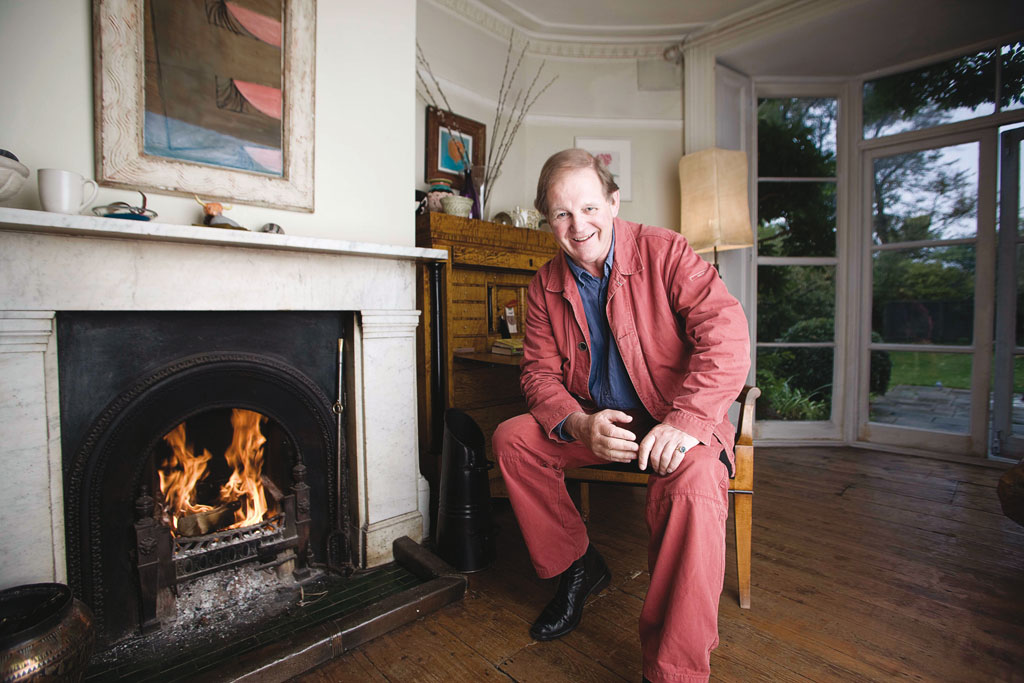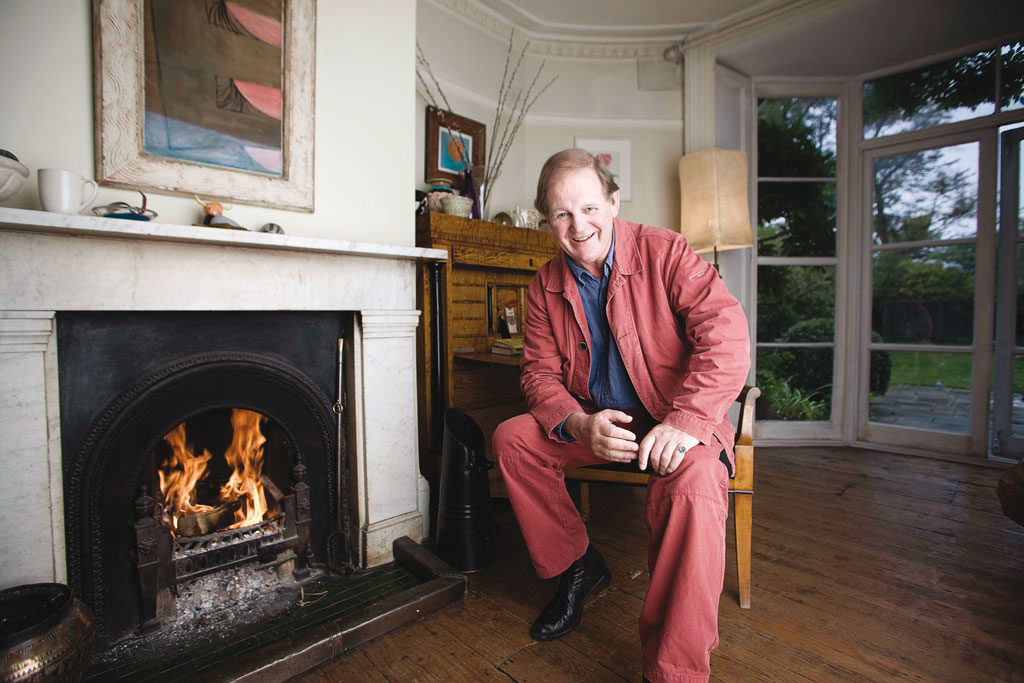Don’t Forget Your Past: An Interview With Sir Michael Morpurgo
By
7 years ago
The Children's Laureate and award-winning writer on Brexit, grammar schools and picking apples...

Sir Michael Morpurgo, author of War Horse, tells Annabel Heseltine why he writes about our past
How did you and your wife come to set up your charity Farms for City Children?
Forty years ago we were idealistic young teachers who realised that for some children with flat home lives, teaching was not enough. Without something to lift them, schools were merely reproducing children who would fail. My wife, Clare, was brought up in surburban London but had extraordinary holidays, running wild in the fields around our little village of Iddesleigh in Devon.
So we moved here and with the help of a farmer, we set up Farms for City Children, inviting city schoolchildren aged nine to 13 to come here for a week to work on a farm. In all weathers, they are cleaning dairies, picking apples, lambing – whatever needs doing – and it makes them feel good about themselves. They also have classroom lessons, doing scientific things: counting eggs, planning money, ecology. It is the most intense week of their lives and a real eye opener for them, as well as their teachers.
Some people criticised us, saying that it was too hard for the children – but it wasn’t. They rose to the occasion every single time and never forgot it. One of those children is the Michelin-starred chef April Bloomfield, who came here in in the early 1980s and became fascinated by how food was made. Today, she has seven restaurants in America known for their use of sustainably sourced food.

Sir Michael Morpurgo and his wife, Clare, started a charity to give children the same opportunities that they grew up with
Why are you anti grammar schools?
I flourished at King’s School, Canterbury but one of this country’s major unaddressed problems is that we are divided, even more so because of Brexit. Public and grammar schools don’t help this. I am all in favour of excellence, where people go onto excel academically but if we want to feel we are all citizens of the same country, it’s important that we learn together. Grammar schools divide us too young.
Why did you start writing?
When I was teaching I realised there are many kids who don’t normally read stories so I read to them the stories I loved. But then I ran out of good books. My wife said, in the nicest possible way, that I am a pretty good liar and suggested I made up stories, so I did, preparing them at night and telling them to the children the next day. At the end of the first week the head teacher said, ‘That’s very good, Michael, I would like you to write it out and give it to me on Monday morning. I have a friend who works in a publishing house’.
Why do you write about historical events?
I learned through children that you write about what’s important to you. These are the things I have witnessed, heard or read about which give us a sense of where we have come from. One of our great problems today is this feeling of not belonging.
Waiting for Anya, for example, is set in the Pyrenees during the German occupation, because I have a son who married a French girl. Her grandmother told me what it was like when the Germans marched into her town in 1943. She also took me to one of the major escape routes followed by allied airman, Jewish children and French people during the Second World War.
While I was there, a little girl asked me to sign the book she was carrying, Cheval de Guerre [War Horse], and invited me to have pâté and wine with her uncle, the mayor. He told me about an old lady who had kept the last safe house before the border and walked the children over from Lescun into Spain.
I have just been back there again because they are making a film of the book which is coming out next year. They dressed me up as a peasant and I did my Alfred Hitchcock walk-on part. The villagers were acting as extras alongside German, French and American actors. It was a microcosm of our European connections, all coming together to make this film about reconciliation. It gave me hope.
What are your views on Brexit?
Like many English family trees, my family is linked with Europe but we seem to have forgotten this, because we don’t know our history. Europe fought for two hundred years but now we can travel into each other’s countries, go to each other’s universities and intermarry.
The food culture crosses the boundaries. It is extraordinary how European this country has become and for me the benefits of that for our children were that we could look forward to a peaceful future where we could sort out our arguments around a table. I like that.
If you had one book you would be remembered for, which one would it be?
War Horse, because millions of people have related to it so strongly. Now it is coming back to London’s National Theatre for the centenary of the end of World War One.
READ MORE: What Is The Super Curriculum? | Hard Pushed: A Closer Look at the British Education Systemm



